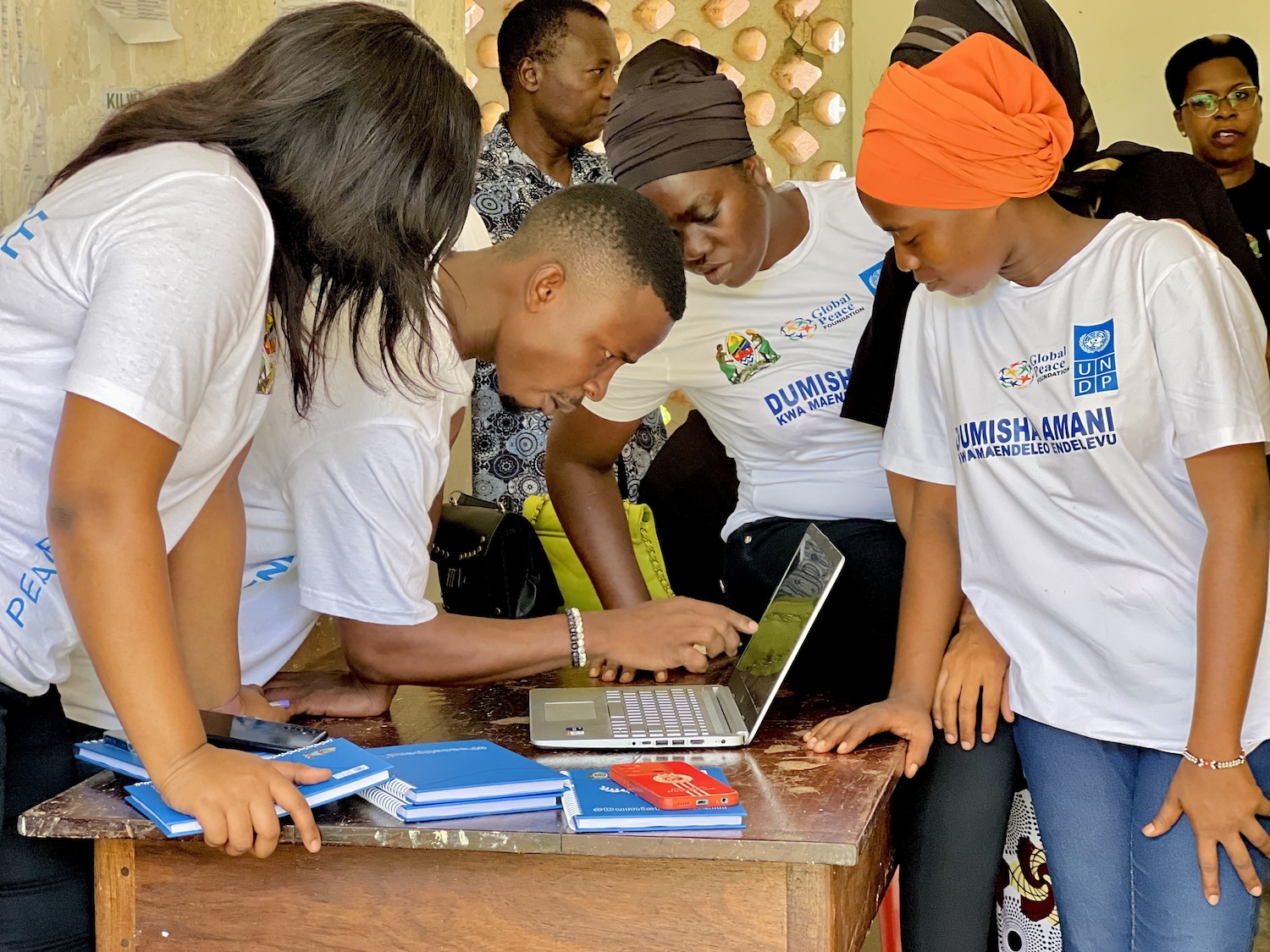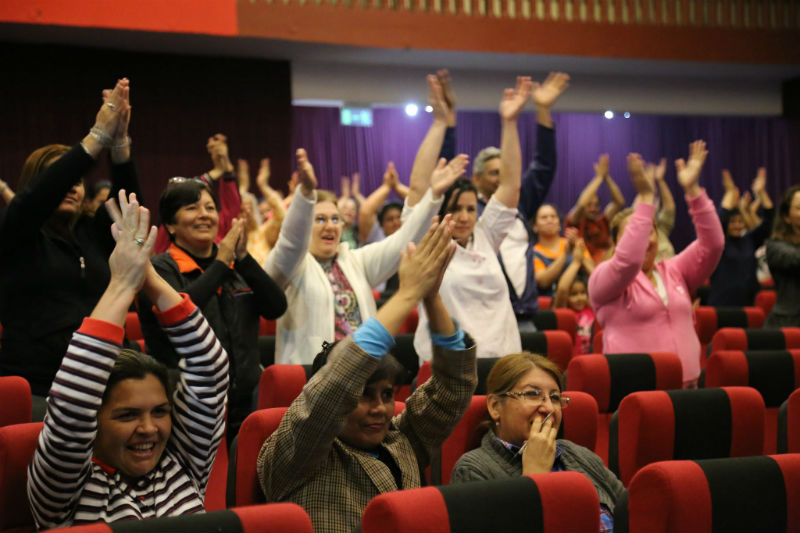Panelists at 2017 Global Peace Convention discuss the Declaration of One Korea
Reunification of North and South Korea is not only for the benefit of the Korean people but is essential for creating a peaceful world, said panelists at a roundtable hosted during the 2017 Global Peace Convention in Manila on February 28. Citing the ancient ethos of Hongik Ingan (“living for the benefit of humanity”) as a shared value cherished by the Korean people, panelists said a reunified Korea would offer the example for other countries to follow.
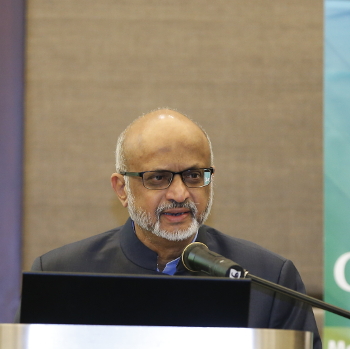
Dr. Madhav Das Nalapat, director of geopolitics and international relations at Manipal University in India.
Dr. Madhav Das Nalapat, director of geopolitics and international relations at Manipal University in India, began the session by suggesting that discussion of Korean reunification was even more important than concern about terrorism and religious extremism. Millions of people lack basic rights and suffer severe privations under the North Korean regime, he said, while the DPRK’s nuclear weapons capability threatens the global security.
Dr. Nalapat likened North Korea to Nazi Germany, noting that Hitler only travelled within Austria and Germany in his lifetime just as reclusive North Korean leaders rarely travel and limit the exposure and influence of other countries. He urged the world community to help unite North and South Korea, and neutralize the nuclear threat posed by North Korea.
Dr. Chan-Min Shinn, author of The Unification Bonanza, discussed the benefits and expenses involved in Korean reunification. Reunification would require three major revenue sources, he said: crisis management expenses (food supplies and medicine), systemic reunification expenses (costs in politics, military, education etc.), and physical capital investment (cost to reduce the gap between North and South Korea).
Despite these major costs, reunification will benefit Korea immensely in the future. About ten years after reunification he estimated South Korea would see an 11 percent increase in economic growth while North Korean GDP would grow more than twenty times. And economic growth would not be limited to the Korea peninsula but extend regionally with improved trade and transport to neighboring countries. This can only happen by the hands of the North Korean people, not the government, Dr. Shinn said.
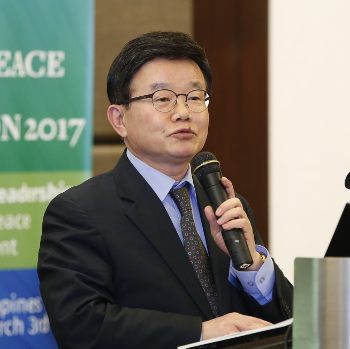
Dr. Chan-il Ahn, President of the World Institute for North Korean Studies.
Dr. Chan-il Ahn, a North Korean defector, spoke about the responsibility of defectors to encourage and advance Korean reunification. More than 30,000 people have defected from North Korea, and most feel a responsibility to improve the living conditions in the North, often sending money back to their relatives. He encouraged defectors to participate in the “Free Donation Movement” in which defectors send money to relatives in the north through online transfer.
Dr. Ahn said defectors have suffered from the North Korean regime, and are urging that the government place first priority on people’s economy rather than nuclear weapons. A second priority is to abolish the practice of public executions immediately. NK defectors have a shared dream of Korean reunification; it is their responsibility to attain this themselves.
Dr. Young-tae Kwon, the last speaker of the round table, commended the drafting of the Declaration of Unification by the One Korea Coalition, but proposed further articles to add to the declaration. His proposals include:
- the realization of the “Hongik Ingan spirit”
- a representative government
- education that includes spiritual and emotional aspects
- a moral economic free market
- an objective free press
- revitalized ethical and spiritual traditions in society
- preservation of the sacred extended family system
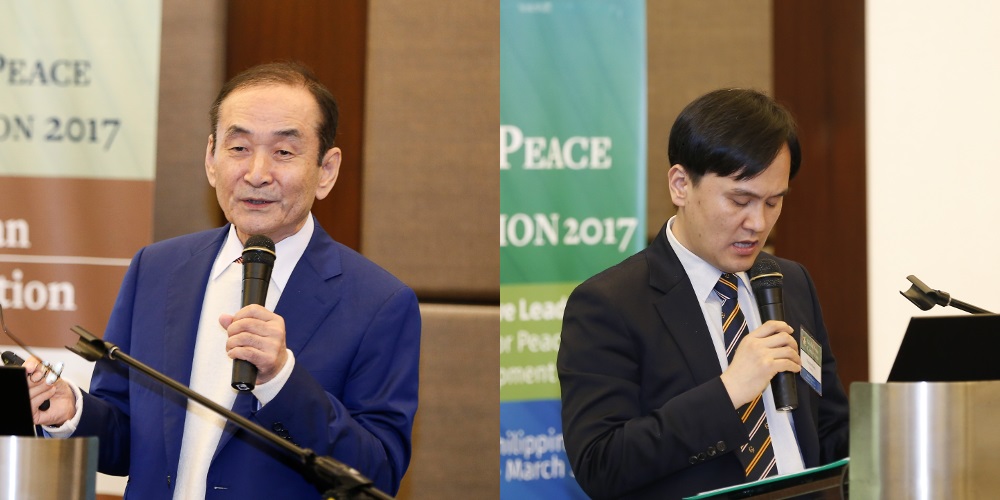
(left) Dr. Changmin Shin, Director, Tongildaebak Institute of Korean Reunification, (right) Dr. Young Tae Kwon, Senior Researcher, Global Peace Institute.
Dr. Kwon stressed that civil society should lead in promulgating the Declaration of Unification, not the government, and that the citizens of the world will be the driving force to initiate these changes.
Later sessions on Korean Reunification will address Asia Pacific Perspectives on Unification and Building Global Consensus on Unification, with a concluding One K Global Peace Concert with leading K Pop artists to advance popular awareness of the importance of reunification to regional prosperity and global peace.


